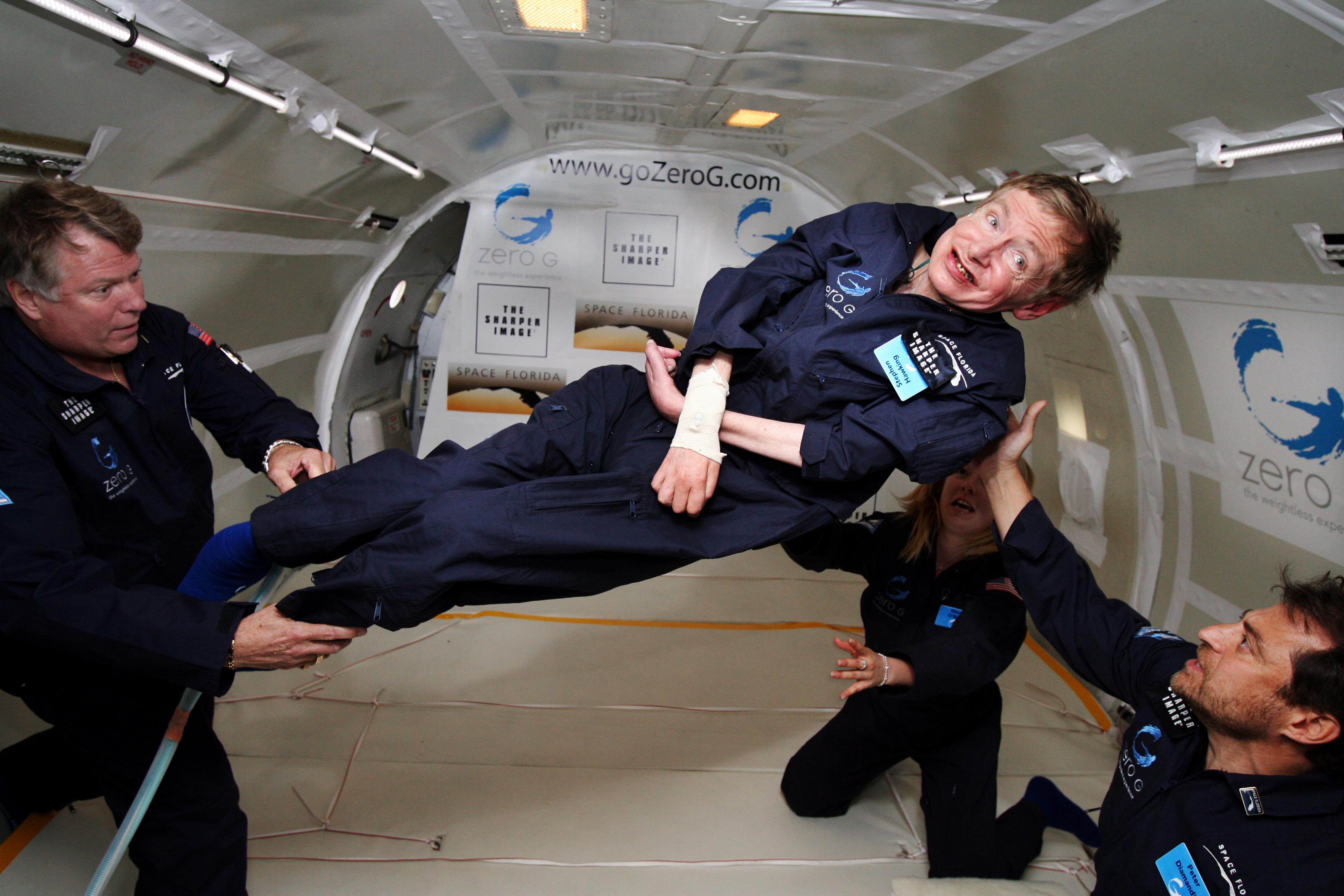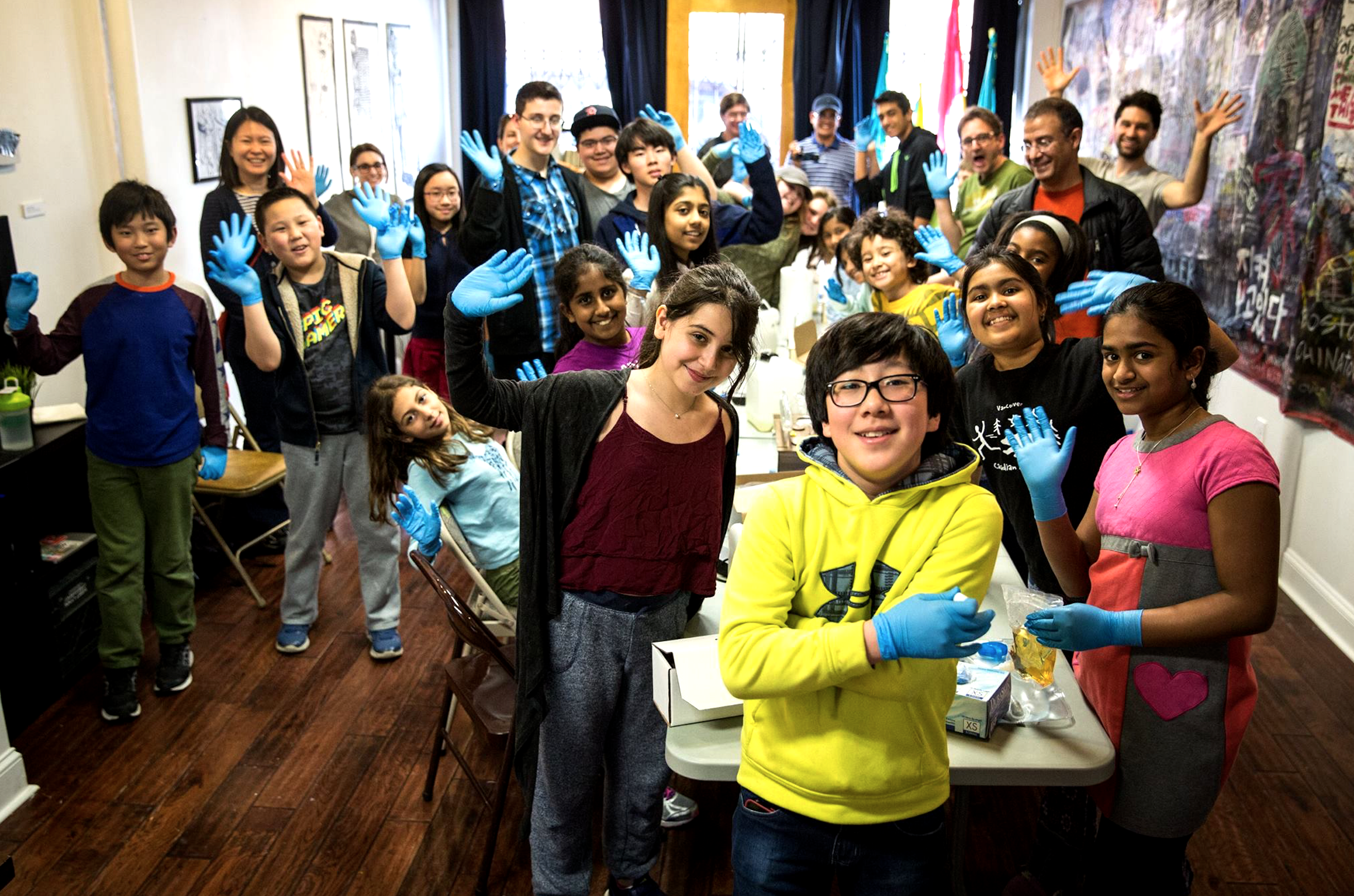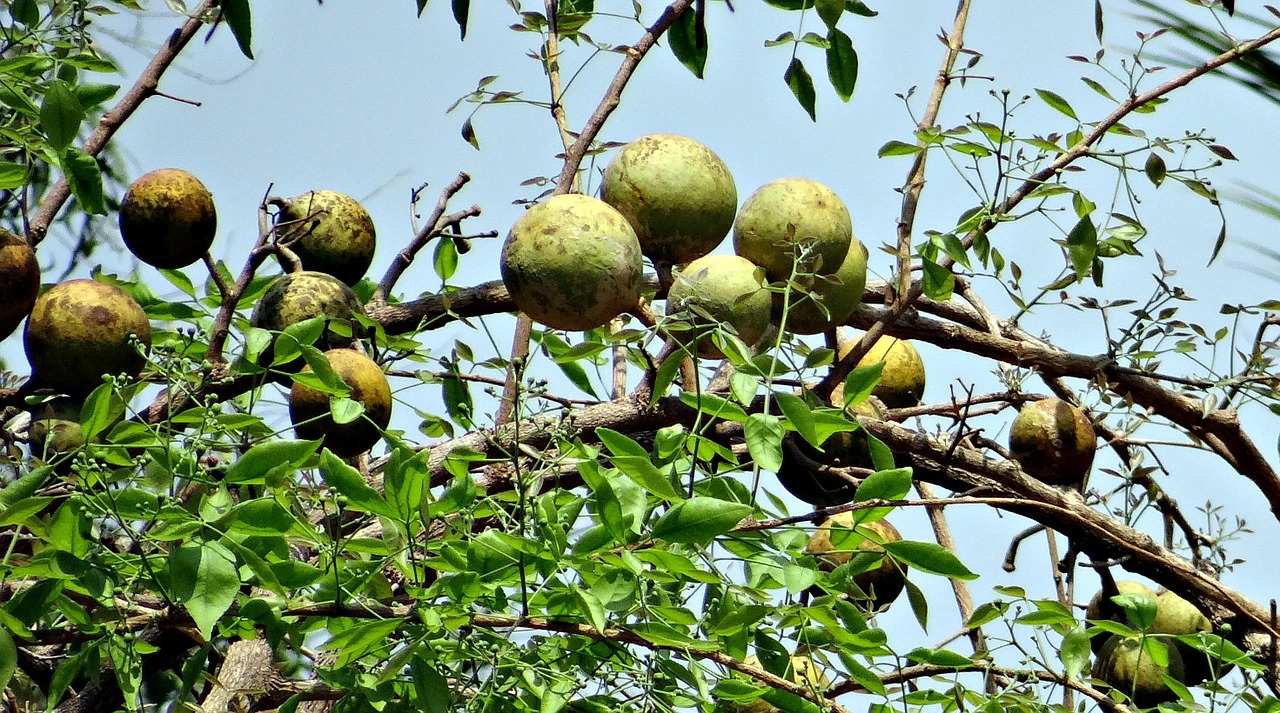
Step inside the mind of the young Stephen Hawking as his PhD thesis goes online for the first time
- News
- 2.6K
Stephen Hawking’s Ph.D. thesis, ‘Properties of expanding universes’, has been made freely available to anyone, anywhere in the world, after being made accessible via the University of Cambridge’s Open Access repository, Apollo.
Anyone, anywhere in the world should have free, unhindered access to not just my research, but to the research of every great and enquiring mind across the spectrum of human understanding.
Stephen Hawking

The 1966 doctoral thesis by the world’s most recognizable scientist is the most requested item in Apollo with the catalog record alone attracting hundreds of views per month. In just the past few months, the University has received hundreds of requests from readers wishing to download Professor Hawking’s thesis in full.
To celebrate Open Access Week 2017, Cambridge University Library’s Office of Scholarly Communication has today announced Professor Hawking’s permission to make his thesis freely available and Open Access in Apollo. By making his Ph.D. thesis Open Access, anyone can now freely download and read this historic and compelling research by the then little-known 24-year-old Cambridge postgraduate.
Professor Hawking said: “By making my Ph.D. thesis Open Access, I hope to inspire people around the world to look up at the stars and not down at their feet; to wonder about our place in the universe and to try and make sense of the cosmos. Anyone, anywhere in the world should have free, unhindered access to not just my research, but to the research of every great and enquiring mind across the spectrum of human understanding.
“Each generation stands on the shoulders of those who have gone before them, just as I did as a young Ph.D. student in Cambridge, inspired by the work of Isaac Newton, James Clerk Maxwell and Albert Einstein. It’s wonderful to hear how many people have already shown an interest in downloading my thesis – hopefully they won’t be disappointed now that they finally have access to it!”
Dr. Arthur Smith, Deputy Head of Scholarly Communication, said: “Open Access enables research. By eliminating the barriers between people and knowledge we can realize new breakthroughs in all areas of science, medicine, and technology. It is especially important for disseminating the knowledge acquired during doctoral research studies. Ph.D. theses contain a vast trove of untapped and unique information just waiting to be used, but which is often locked away from view and scrutiny.
“From October 2017 onwards, all Ph.D. students graduating from the University of Cambridge will be required to deposit an electronic copy of their doctoral work for future preservation. And like Professor Hawking, we hope that many students will also take the opportunity to freely distribute their work online by making their thesis Open Access. We would also invite former University alumni to consider making their theses Open Access, too.”
While the University is committed to archiving all theses it is often a struggle gaining permission to open up historic theses. With the online publication of Professor Hawking’s thesis, Cambridge now hopes to encourage its former academics – which includes 98 Nobel Affiliates – to make their work freely available to all.
To make more of the University’s theses Open Access in Apollo, the Office of Scholarly Communication and Cambridge University Library will digitize the theses of any alumni who wish to make their dissertation Open Access. Interested alumni should contact thesis@repository.cam.ac.uk
At a recent event to celebrate the 1,000th research dataset in Apollo, Dr. Jessica Gardner, Director of Library Services, said: “Cambridge University Library has a 600-year-old history we are very proud of. It is home to the physical papers of such greats as Isaac Newton and Charles Darwin. Their research data was on paper and we have preserved that with great care and share it openly online through our digital library.
“But our responsibility now is today’s researcher and today’s scientists and people working across all disciplines across our great university. Our preservation stewardship of that research data from the digital humanities across the biomedical and that is a core part of what we now do.”
Apollo is home to over 200,000 digital objects including 15,000 research articles, 10,000 images, 2,400 theses and 1,000 datasets. The items made available in Apollo have been accessed from nearly every country in the world and in 2017 have collectively received over one million downloads.
Professor Hawking’s 1966 doctoral thesis ‘Properties of expanding universes’ is available in Apollo at https://doi.org/10.17863/CAM.11283 or in high resolution on Cambridge Digital Library at https://cudl.lib.cam.ac.uk/view/MS-PHD-05437/1
For further information about Open Access Week, visit: www.openaccessweek.org


